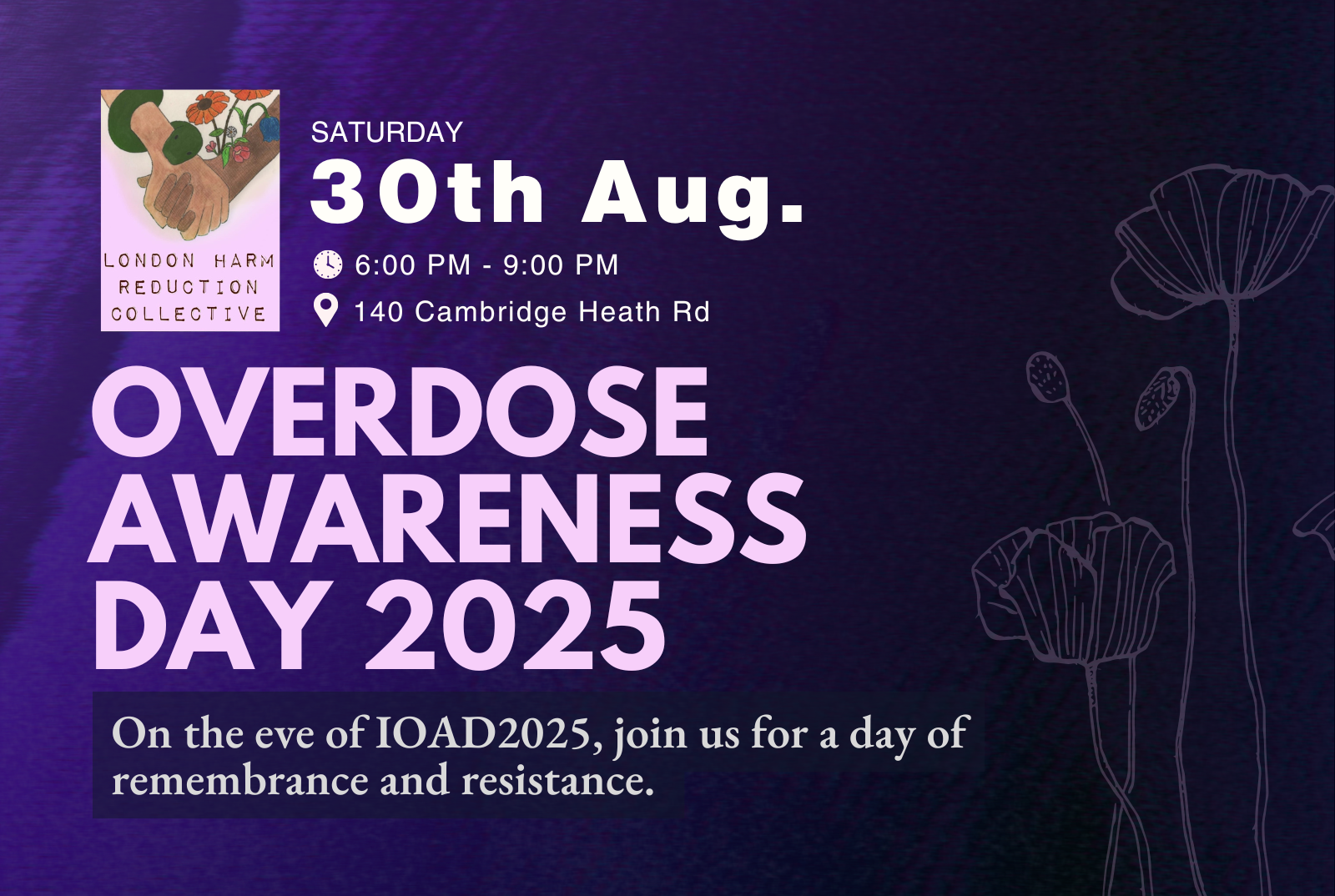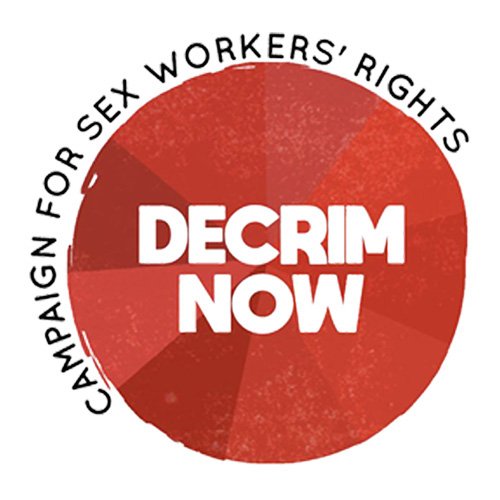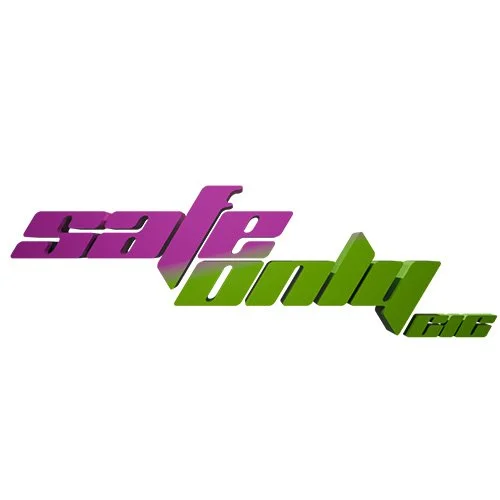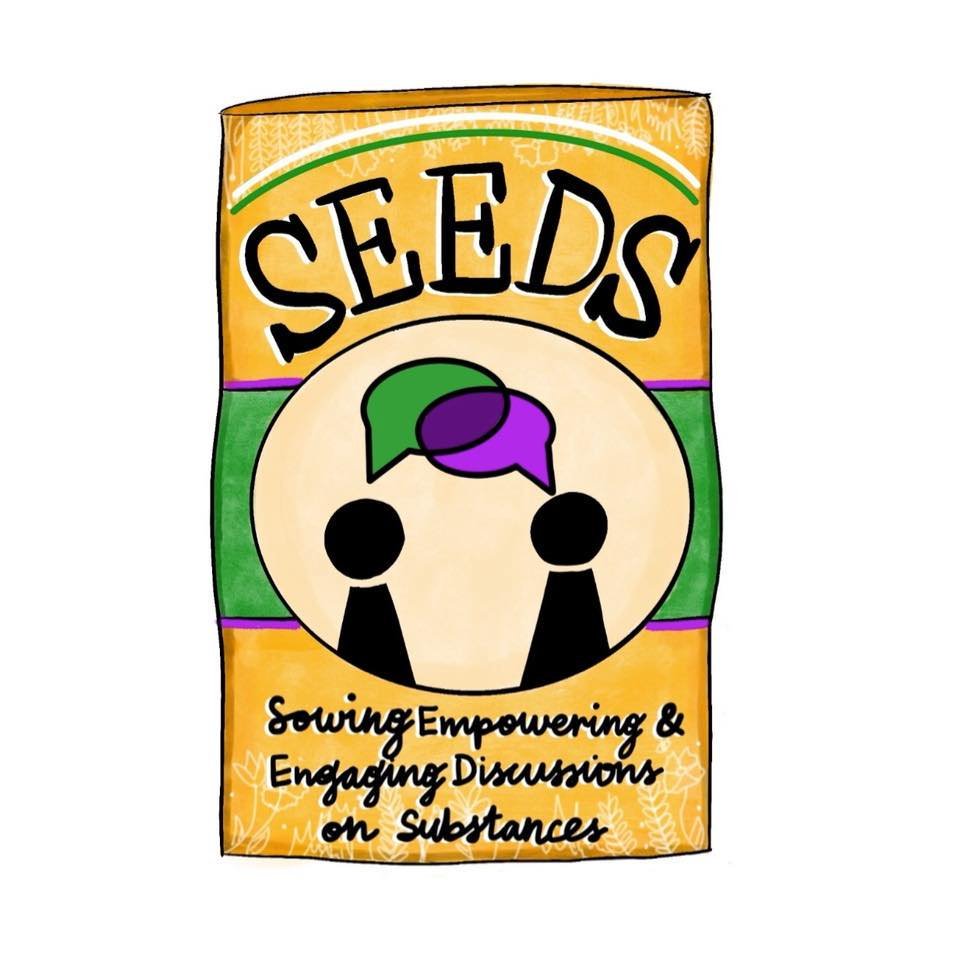
The London Harm Reduction Collective (LHRC) is a coalition of experts and groups committed to reducing drug-related harm in our communities.
LHRC members work on drug policy-related matters and a range of related social justice issues that are crucial for communities most impacted by drug-related harm, such as houselessness, decarceration, racial justice, and labour organising.
Photo by Nigel Brunsdon
We are already in a drug-related death crisis.
As lethal synthetic opioids, such as nitazenes, continue to contaminate multiple drug supplies, we cannot wait idly as the situation worsens and more of our people die.
Harm reduction interventions and techniques are needed to protect life.
Safer use spaces, drug checking and safer inhalation kits, to name just a few, have been successful parts of the response elsewhere and must be made widely available.
People who are marginalised shoulder the greatest burden of drug related harm, yet many are pushed further into the margins by drug services that mistreat and neglect them. We need responses that are shaped by and serve the people of London in our diversity.
We will not leave anyone behind.
Our latest
Safer use spaces are harm reduction, and long overdue
Britain’s first unsanctioned overdose prevention site — ran by Peter Mcleod and volunteers in Glasgow, showed the power and potential of grassroots low-threshold harm reduction services.
A 2023 Home Affairs Committee report on drugs recommended that the ‘Government support the piloting of safe consumption facilities in areas across the UK where there is deemed to be a need…’
As London’s drug death rate stands at a 20-year high, the need and urgency are clear — public authorities must support pathways to operate safer use spaces now!
Learning from global experiences
Legally in operation in 17 countries, safer consumption spaces allow people to use drugs in a clean and non-judgmental environment, fostering connections, care and healing in the community.
‘We’ve been in this overdose crisis for many years now and just watching our friends and family and loved ones die. Instead of waiting for supervised consumption sites to open, we went ahead and opened one ourselves.’
— Zoë Dodd, Toronto Overdose Prevention Society
Collective members
























